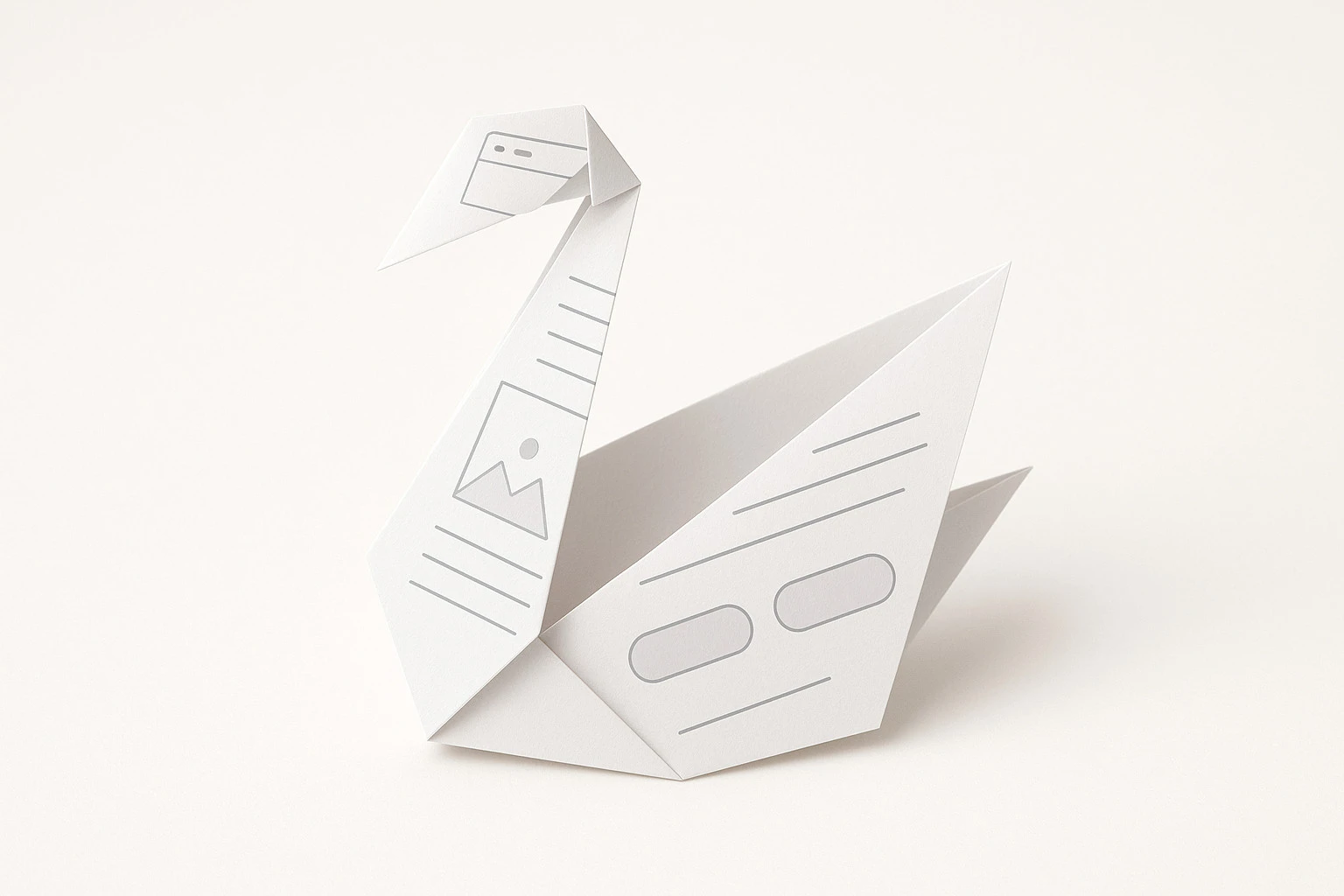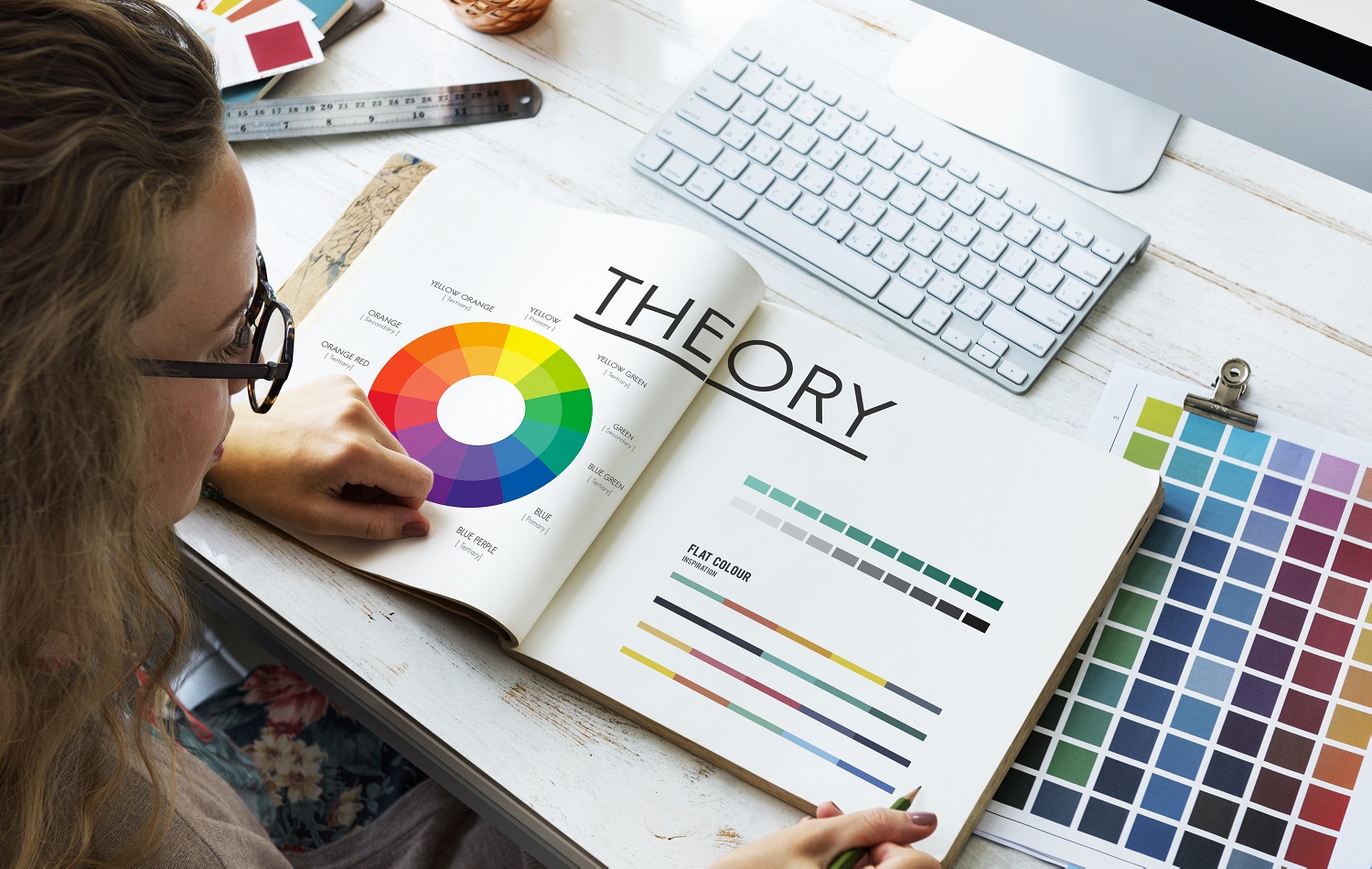The search engine giant has long been synonymous with the task of finding information online, making it vital that all websites are optimized to appear as high up the rankings as possible. Getting your page on to the all-important first page of a relevant Google search is more important than ever as online real estate gets more crowded and competitive. Let’s take a look at some top tips to get your page moving up the rankings.
Keep Things Relevant
In the bad old days, many websites featured reams of invisible text in the footers. This was designed to be read by search engine crawlers and put the site higher up the rankings for specific searches. Thankfully, those days are long gone, and websites are only found in searches if their content is relevant to the terms searched for. Top-quality relevant content will help to keep your site where it needs to be in a web search and help your site to have an authoritative presence online. Specialists in web design in London can help you with content that can raise your site higher up in the rankings.
Regular Updates Required
Making sure that your website’s content is updated regularly is also key. This not only helps to keep your site looking fresh and maintained, but it will also help to keep you from falling foul of the much maligned Google search algorithms.
Metadata
Buried deep within the HTML code that builds your site lies the capacity for metadata, which can contain vital information about your pages. For example, the title metadata contains the header which appears at the top of a browser window or tab, which should be relevant to the content. A key phrase about what lies within the page, according to experts in web design in London, can help both the user and the search engine rank the page by usefulness. Metadata helps to provide important background information about your site, giving quick and easy data to a search engine which can then rank your page in order of usefulness.
Use Relevant Links in Your Content
If you have an on-staff blogger who is responsible for creating content which is linked to a range of pages in your site, ensure that the links are both relevant and make sense to both the person clicking the link and a website. Simply writing “click here” on your page, when the link could be keyword-rich, such as “estate agents in Huntingdon”, does your site no favors.
Alternate Tags
Alt, or alternate, tags are used to help search engines locate your page, and they provide the tooltips which appear when a mouse hovers over an image. These are also vital for accessibility purposes, for users browsing with a text-only browser or a screen reader. Providing the search engines with further information about your page by including a short description of an image can only help your page climb further up relevant web searches.















